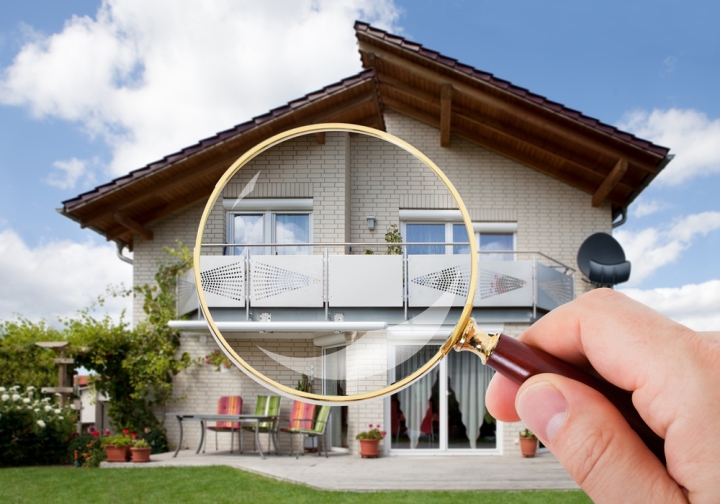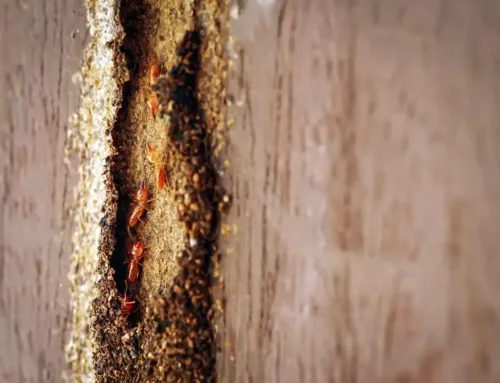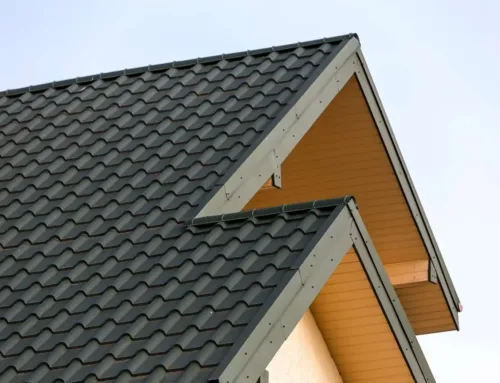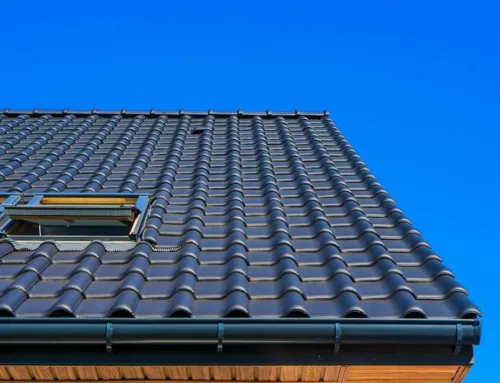Most homebuyers are aware that a home inspection is an important part of the purchase process. However, many people don’t know what to expect from a home inspection, or what they can do if there are problems discovered.
In this blog post, we will discuss some of the most common things that Raise Red Flags for buyers during a home inspection, and how you can fix them!
1. Roof damage
One of the most common things that can result in a failed home inspection is the condition of the roof. If your roof is in bad shape, it can be a major problem for potential buyers. Leaks, missing shingles, and other damage are often signs that the roof needs to be replaced, which is a major expense.
If you’re selling your home and you know that the roof needs to be replaced, it’s best to replace it before putting your home on the market. This will give you a much better chance of passing the home inspection, and it will also make your home more appealing to buyers.
If you’re buying a home and the roof needs to be replaced, you can attempt to negotiate with the seller to have them replace the roof before you close on the house. If they’re unwilling to do this, you may be able to get them to give you a credit that you can use to pay for the roof replacement.
At the Elite Group we have a roof certification program that can guarantee for 2-5 years that the roof will not leak, this is backed by a California licensed roofer. And its one of the best ways to provide peace of mind to potential buyers.
2. Asbestos and Mold
Most houses built in the 1970s may contain materials that contain asbestos. These include things like insulation around heaters, vinyl or asphalt flooring, and surfacing materials.
If a home inspector finds evidence of disturbed asbestos, they will note it in the inspection report and have your reach out to a licensed asbestos expert. Most inspectors are not properly licensed to test or identify asbestos. However they will recommend further evaluation if they see signs or symptoms of disturbed asbestos. When asbestos is disturbed, it can release harmful fibers into the air. However, if the asbestos is undisturbed, there is no need to remove it.
If you’re buying a house that has asbestos, you may be able to negotiate with the seller to have them remove it before you close on the house. Or, you may be able to get them to give you a credit that you can use to pay for the removal yourself.
The presence of mold is one of the most common things that fail a home inspection. Mold can be harmful to your health, and it can also cause significant damage to your home.
If you have mold in your home, the first thing you need to do is identify the source of the moisture causing the mold. Once you’ve done that, you can start working on cleaning and repairing the affected areas. Elite Group Inspectors are trained to look for mold and moisture symptoms inside homes and can even offer additional air quality and mold swab testing. All mold swabs and samples are processed by a 3rd party lab who will produce an easy to understand report on any positive or negative mold results.
In some cases, you may be able to clean the mold yourself. However, if the infestation is severe, you may need to hire a professional.
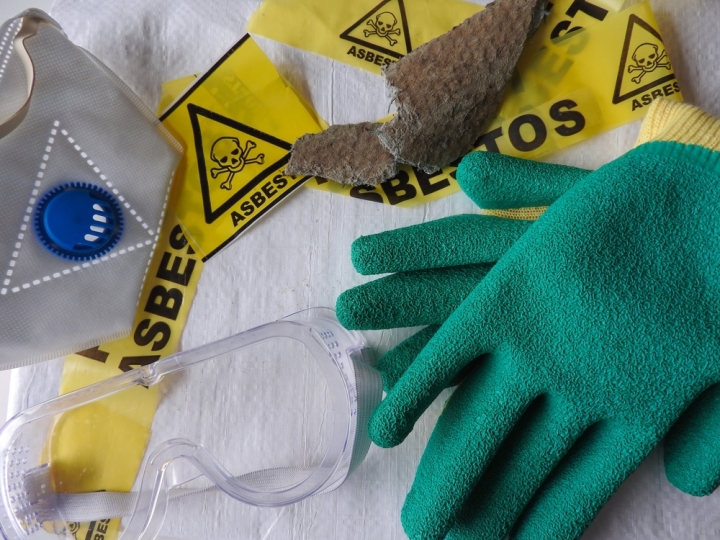
3. Building Code Violations
Building code violations are another common problem that can raise red flags for potential buyers. These violations can range from minor things, like not having the proper permits for your renovations, to major issues, like not having the proper supports in place for your deck.
If you’re buying a home that has building code violations, you need to be aware of the potential risks. You may be liable for the costs of repairing the violations, or you may be forced to demolish the offending structure.
Home inspectors are not building code inspectors. However, they tend to find secondary defects in the structures that were not installed properly. Items such as improper electrical or windows to high for emergency situations. It is recommended that buyers check for any permits on alterations or structures that were added prior to the close of escrow.
If you’re selling a home with building code violations, you need to disclose them to potential buyers. You may also need to get the violations corrected before you can close on the sale.
4. Plumbing Issues
Bad plumbing can lead to all sorts of problems, from a small leak to a full-blown flood. If you’re buying a home with plumbing problems, you need to be aware of the potential costs of repairs. A leaky faucet may not seem like a big deal, but it can waste over 5 gallons of water per day.
Fixing plumbing problems is usually best left to a professional, but there are some things you can do to prevent them in the first place. Make sure all appliances that use water (dishwashers, washing machines, etc.) are properly connected and turned off when not in use. Check pipes regularly for leaks, and don’t hesitate to call a plumber if you suspect there’s a problem.
While most plumbing problems are relatively minor, they can still cause significant damage if left unchecked. Sometimes the main sewer line can have issues in a home. This is why Elite Group can offer a Sewer Camera video inspection to ensure the integrity of the underground plumbing sewer line. Be sure to have any issues addressed before closing on your new home.
Mitigating Common Home Inspection Findings
If the home you’re buying or selling failed a home inspection, don’t panic. In most cases, the problems are relatively minor and can be easily fixed.
Your real estate agent should be able to help you determine what is and isn’t a reasonable request. Remember, the goal is to purchase the home in good condition so that you can move in and start enjoying your new life.
If you’re looking for a home inspection in California, contact Elite Group Home Inspections. We have over 35 years of experience and can provide a home inspection report that will give you or your buyer peace of mind.
Schedule a home inspection today!

